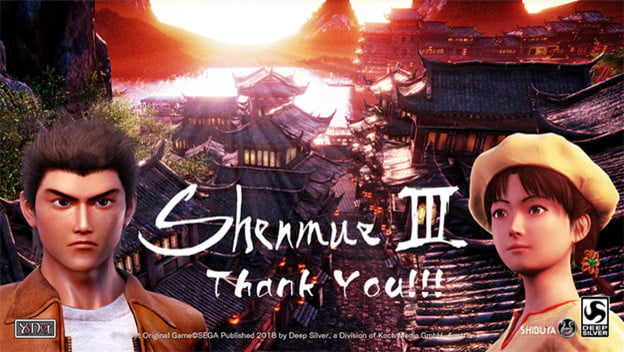Some of the big gaming news that dropped in 2020 was that PlatinumGames, the developer behind Bayonetta, Vanquish , and many other titles, is going the self-publishing route. It has chosen the most popular venue for this, which is Kickstarter . As for the first game, the company is trying to revive an IP that didn’t do well on the Wii U, despite its critical acclaim: The Wonderful 101 .
According to Platinum’s Kickstarter page, the developer wants to be able to self-publish its own original IPs. It appears that the company is using The Wonderful 101 as a litmus test for future self-publishing endeavors. The fact that after two days, the campaign was 2843% funded, appears to indicate that this will be a successful venture for future original IPs.
This all sounds great. The Wonderful 101 was an underappreciated gem from the Wii U era, and bringing it to modern consoles with improved control mechanics will, without a doubt, bring this game the attention it deserves.
That said, however, I’m also a little hesitant about singing the praises for this Kickstarter campaign for one major reason: the potential for the game to be picked up by a publisher is rather high.
But wait, the developers want to self-publish, so why would they allow a publisher to come in? One word, people: money.
As much as I want The Wonderful 101 on Switch, I can’t bring myself to pledge any funds. In fact, I’m not sure I can pledge funds for any “mainstream” developer using crowdfunding. I’ve helped fund Bloodstained: Ritual of the Night and Pillars of Eternity , both of which not long after being fully funded suddenly found a publisher. The whole point of something like Kickstarter for games is to make your game without a publisher’s help. This isn’t a case of game getting 100% self-published and then after it’s out in the wild, a publisher comes in to redistribute the title. This is a case of a publisher swooping in after a campaign is fundedꟷwhen they know for sure that people are interested in a product and will buy itꟷand publishing it.
Before you cry out that this happens a lot with self-made products on the market, I’m well aware of that. I’m well aware that developers may put an estimate for what they THINK self-publishing will cost, only for the budget to get out of hand. Scope-creep is real, and it can destroy projects.

At the same time, it’s hard to not think of this publisher-swoop as shady. I was disgusted at E3 when Sony announced the Shenmue III Kickstarter campaign at the press conference. Hey Sony? If you believe in this product so much, why aren’t you 100% publishing it, huh? Regardless, the campaign was funded almost overnight, and then Deep Silver slid in to publish it on a global scale.
So why is this shady? It appears, when this happens, that the crowdfunders were swindled. I wondered if I’d get some money back after PoE and Bloodstained got publishing deals, because wasn’t that what my base pledge was for? The answer is no, no money was returned, and I’m 99.9% certain that Shenmue III backers also didn’t receive a little refund.
It’s all possible that Platinum Games will stick to their self-publishing guns, and I honestly hope that the company does. I’d be more willing for sure to help fund its original IPs in the future. But for now, I’m too wary of publishers coming in to save the day after a project is funded.
